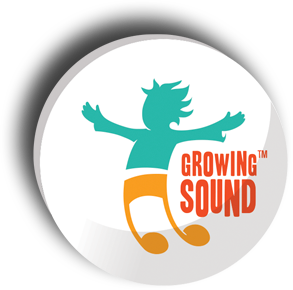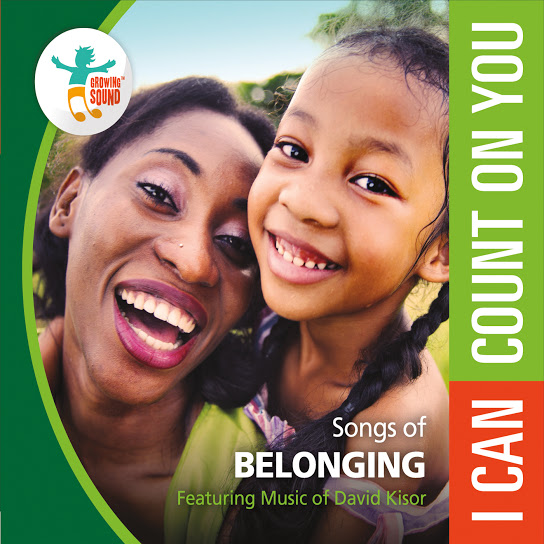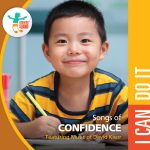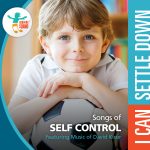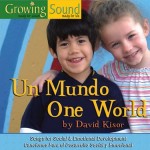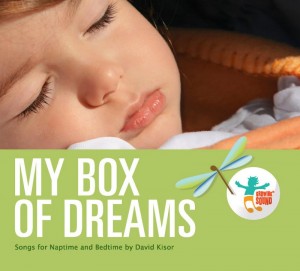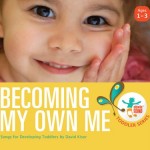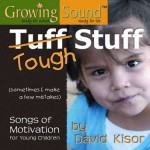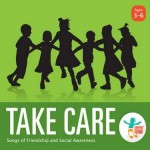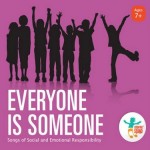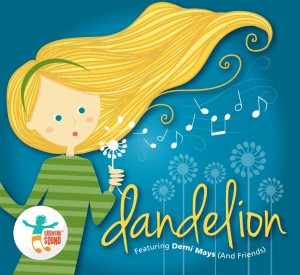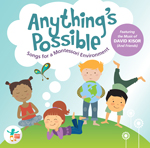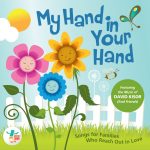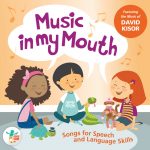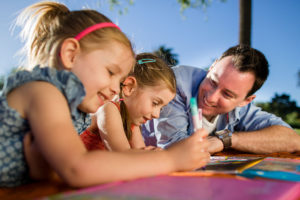
Why is a Sense of Belonging Important?
You could be wondering how children feeling like they belong can impact difficult behaviors. Here is why– to make your child feel comfortable, confident, happy, and at ease with who they are and who others are, they must first feel welcomed in the place that they were invited and accepted, loved, and wanted in the group — not disconnected.
Children that feel like they are a part of their classroom community are more likely to build healthy relationships and have a positive experience. A sense of belonging is an essential part of your child’s growth and development.
So how can we help our children gain a sense of belonging?
For Parents…
Family Engagement
One thing that we must remind ourselves is that children come from a variety of family structures and backgrounds. Creating a sense of belonging so that everyone around them feels welcomed and valued is important.
Good Morning Sunshine
Our first opportunity to make our children feel loved and valued is when they first wake up. It might be easy to wake them up by yelling from across the house but taking the time to wake them up lovingly sets the day up with a good start and will help remind them that they do belong.
At school, whether you drop your child off or they ride the bus, you can expect that a teacher will be there to greet them individually.
These actions are not only encouraging but they set the tone for your child’s day. And even on a day where they might be struggling, they will be reminded that they are important and that they are surrounded by people who care about them.
Be Invested In Who They Are And What They Like
As your child grows, they will begin to have their own interests– invest in those. Providing them with the time, energy, and resources to help them build their skills and their faith in their own skills will help them find their place in this world and eventually they will be able to use the skills they have gained to assist other people. If your child likes art activities, take time to sit down with them and do activities that will promote their creativity and artistic abilities. Raising a future athlete? Make an effort to go outside and pass a ball with them in the evenings. Expressing joy in their interests will allow them to see that you do see them, and that you care about the things that matter to them.
Encourage The Friendships They Create
Children learn about the world from the eyes of those who surround them. As a parent, you have the ability to inspire your children by talking to them about respect, acceptance, and how to engage with peers that may not be exactly like them. Encourage your children to invite friends over so that you can see how they interact with them. Provide your child with affirmation when you see them treating others with respect but also address any behaviors that might be hurtful. As early as three, children can begin to develop biases associated with race and other differences. The way you carry yourself and how you talk are a crucial part of helping your child become a respectful human being that feels like they belong and creates that sense for others close to them.
For Educators…
How You Can Make Your Students Feel a Sense of Belonging
When our children are at school, it is easy to worry if all their needs are being met and if they feel like they fit in. Teachers have their hands full but regardless, it is important that they help each of their students feel like they belong in the classroom.
Get To Know Your Students
As you get to know your students, you should also take the time to learn about their families, understand their culture and traditions, and have an understanding of what they are exposed to at home. When small children come into the classroom, they are coming into a space that they are not familiar with, with people they hardly know.
Your child’s teacher can help them feel comfortable by doing their part to create a welcoming environment. To make them feel welcomed, consider posting family pictures throughout the room. Be ready to talk about the things that they do when they are at home. Consider inviting parents in to join you in person or on zoom to read a story or simply volunteer. These are sure ways to make your students feel more connected to you as their educator, their peers, and the classroom environment.
Your Role As A Teacher
In order to develop a sense of belonging, younger children need to learn how to work with others, play together, help others, be empathetic, and be a team member. These are not skills that come automatically but instead must develop over time through consistent expectations and routines that are established both at home and in the classroom. Healthy routines teach children what they need to be doing which helps them focus on how they can work with their peers. If you are not already, consider adding classroom jobs, hosting morning meetings, and having a daily schedule that stays the same. This will help your students become competent and confident.
Promote Meaningful Friendships
Having friends will truly make any child feel like they belong. While making friends can be easy for some, for others it is quite challenging. This depends on their level of play and their ability to socially interact. On top of that, some children prefer playing by themselves or with one other person while others like to have a large group of friends. But despite all of this, every child needs a friend. Children want to feel liked by you and by their peers.
There is a big difference between being friendly and being friends, and as an educator, it is important that you are able to recognize this. When you make friendly behavior a rule rather than just promoting artificial friendships, you will provide your students with the skills they need to make meaningful friendships. To promote friendly behavior, compliment students that are working together as a team, being inclusive, and helping each other out.
There are several things that you have to consider as you help children build friendships and develop a sense of belonging. Don’t let this be the only article you read on the subject– knowledge is power. Remember to be supportive and apply what you know about how children develop. Making friends and finding their place during this time when school has been mostly virtual is not easy.
We Suggest… I Can Count On You – Songs of Belonging
Growing Sound’s Music is Based on the Latest Research in Social & Emotional Development.
We have received numerous awards for our products including Mom’s Choice Award, Parent’s Choice Award, Teachers Choice Award, Creative Child Magazine Award, Family Review Center Awards, Oppenheim Award, and more.
Click on an Collection To Listen To the Music!
Who You’ll Be Someday:
Songs and Stories for
Naptime and Bedtime
Ages 0-4
Contact us for more information!
